Black Americans and Wilderness
Culturally Reclaiming Green Spaces
By T’shari White
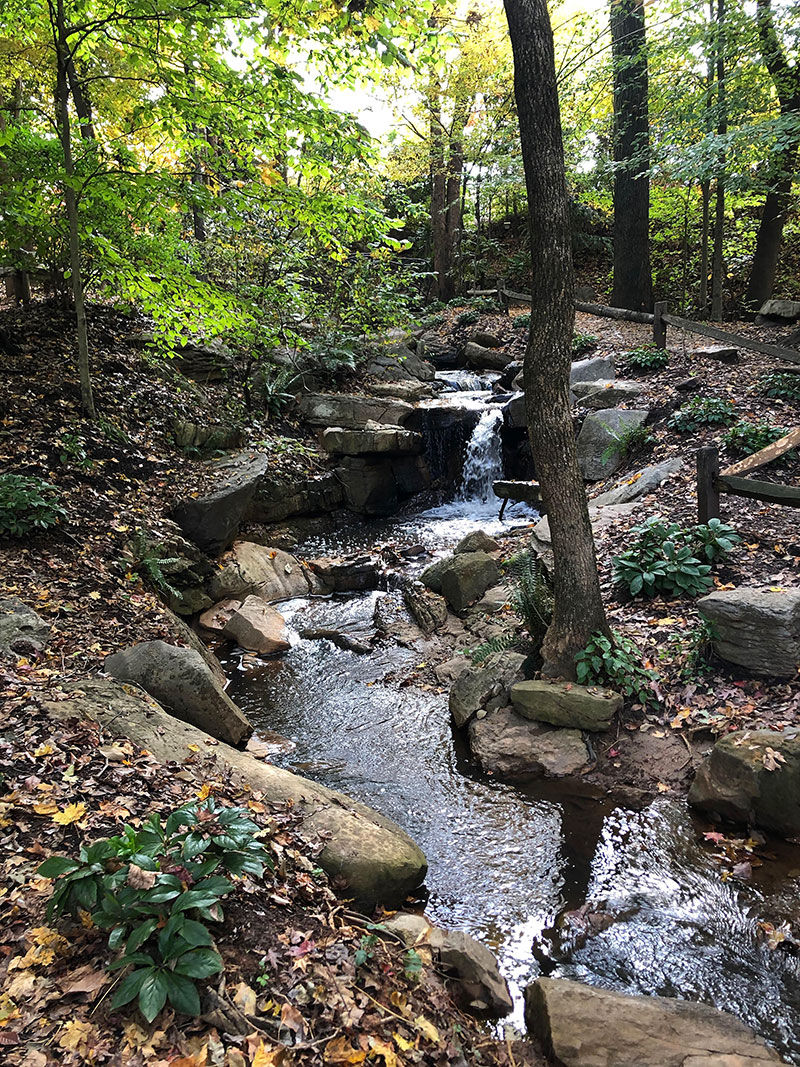
There are plenty of words in the English language that can be homonyms such as “their, there, and they’re”. However, some words can also have different meanings based on human perceptions. Words can have various meanings depending on who you are talking to, where they are from, and their cultural upbringing. The term “Black Americans ” is used in this article to include African-Americans and descendants of Black populations from the African Diaspora, that reside in the United States and are impacted by the ramifications of slavery.
For some White Americans the terms: woods, woodlands, forests or wilderness may mean trees, greenery, foliage. Those words may also conjure up the image of a sweet little Bambi deer bounding through a thicket. However, to some Black Americans, it may carry the sentiment of being dangerous, unsafe, or even remind them of the horrors of slavery.
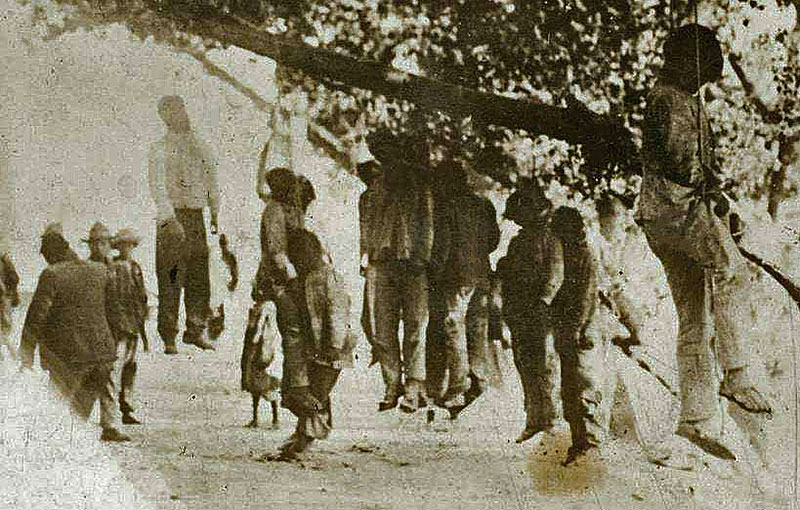
The enslavement of African people for nearly 250 years (1619-1865) in the United States has left a lasting negative impression on Black people and has influenced the cultural dynamics and relations of this country, in both covert and overt ways. Due to the history of slave hunts and lynchings that took place during and after slavery, traveling to forests or remote landscapes may not be an expedition that many Black Americans want to experience.
Historically, there were segregation laws put in place that prohibited Black people from visiting national parks. When Black people were later granted access to the parks, they were restricted to subpar segregated Colored areas until the end of the Jim Crow era. Today, Black Americans are legally entitled to visit national parks and other federal preserved spaces, but visitation rates remain extremely low.
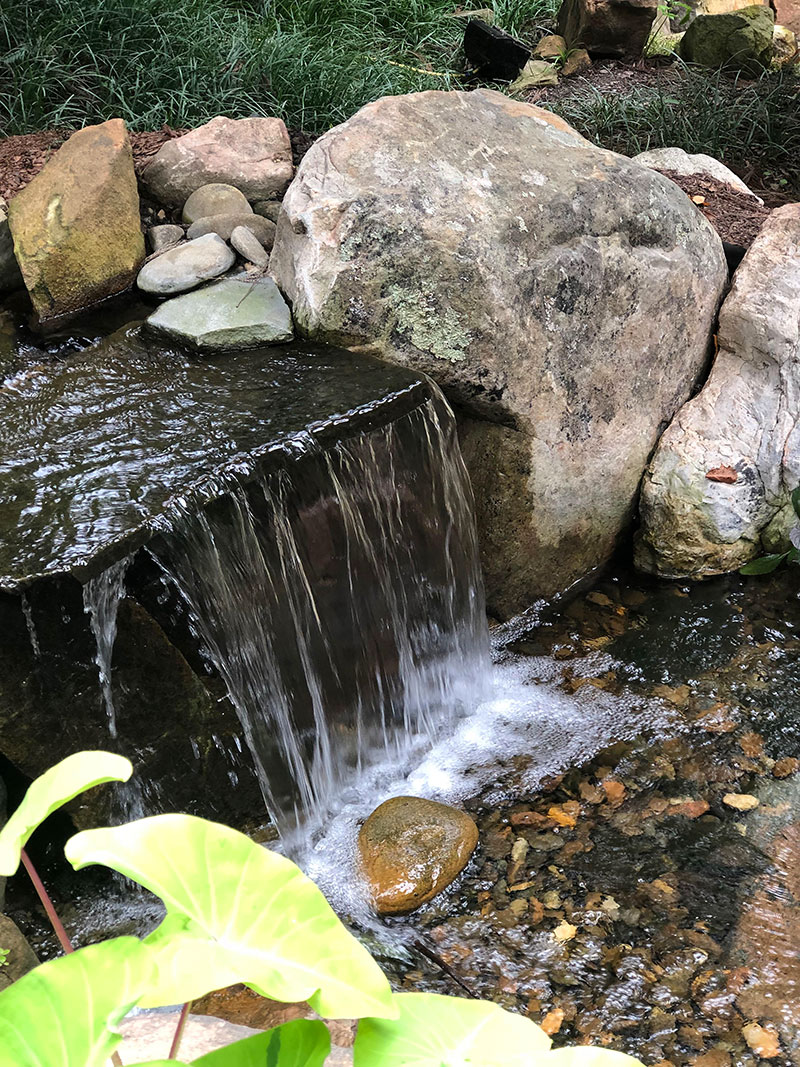
In May 2019, Franklin and Jessica Richardson, a Black couple, entered Kampground of America for a picnic. They were forced to leave at gunpoint by a campground employee. The campground employee aimed her gun at the couple and told them to “Git! You don’t belong here”, as if they were dogs. Ironically, Mr. Franklin had just returned from a 9-month military deployment in the Middle East. These racial instances are recurring and reinforce the idea that Black people have no claim to green spaces.
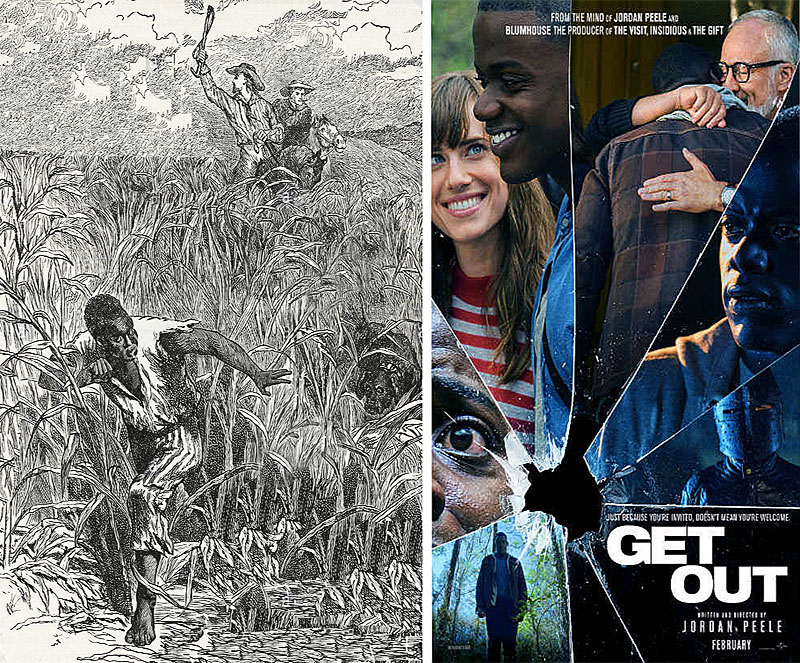
The reenactment of the brutality of slavery in movies, social media, and the news, does not portray nature as a safe space for Black people. For instance, the film Roots depicts slaves trying to escape their cruel oppression only to be hunted down and captured in the woods. Another example is the movie Get Out which depicts one of the worst scenarios of a Black person going to a rural area or the suburbs.
Based on my empirical observations, some Black Americans also associate experiencing nature as being country, as opposed to modern or progressive. Many Black people living in America have worked hard to disassociate themselves from the tangible poverty of slavery.
Today, voluntarily hunting for berries, building a fire, and sleeping on the forest ground may seem primitive to some of us. I would personally prefer to go to a beach and relax while sipping a piña colada, rather than rough it in a tent. Venturing off into the woods seems like a dangerous idea to me. I don’t like the idea that a person or animal could be lurking behind a bush waiting to ambush me. Although that is unlikely to happen, as an adolescent I was taught that perception of the woods.
One of the benefits of camping culture that White Americans enjoy is being self-sufficient in the outdoors and learning how to adapt without the modern comforts of electricity, technology and hot water. For Black Americans, the history of exclusion, lack of safety, and present-day racism has robbed us of those survival lessons, which are critical to surviving climate change.
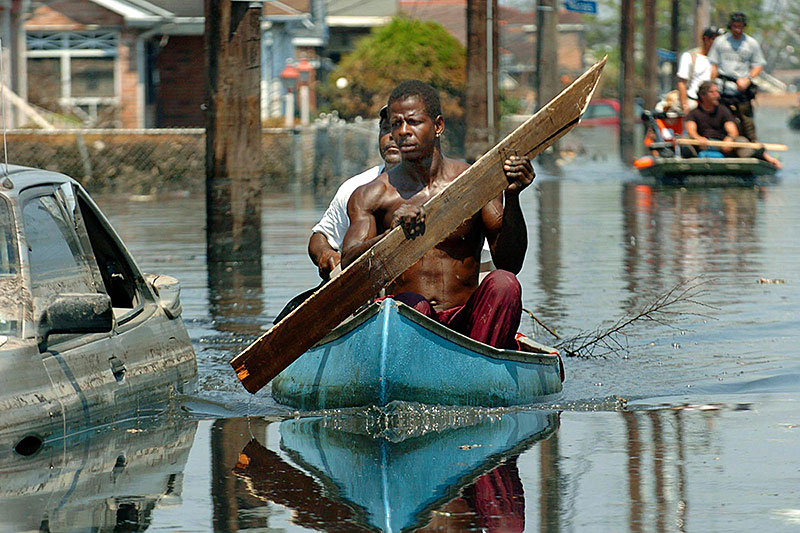
Studies have shown that Black and Brown Americans in the United States will disproportionately be on the frontlines of climate change, such as tsunamis, floods, hurricanes, droughts and famine, because of environmental racism and low-income rates. During Hurricane Katrina, many Black people found themselves helpless because they did not have the economic means to evacuate their homes, which were primarily located in areas below sea level.
In case an environmental catastrophe takes place, do most Black Americans currently have the essential survival skills to build a fire, navigate their surroundings without electrical devices, hunt for food, build shelter or swim? Unfortunately, today many Black Americans are lacking these skills because they are not engaged in nature experiences and activities. If they are living large cities they may not have the same opportunities as their White counterparts to go on recreational nature expeditions or participate in wilderness survival programs, such as the Boy Scouts.
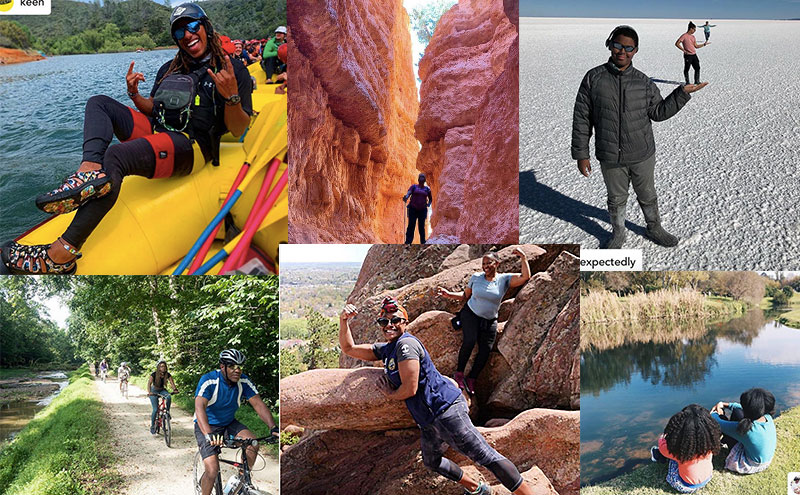
Reconnecting with nature is imperative and now more Black Americans are becoming receptive to the message, by joining groups such as Outdoor Afro, that travel to wilderness areas and participate in nature engagement. Historical and contemporary figures such as Harriet Tubman, W.E.B. Du Bois, Shelton Johnson, Majora Carter, Robert Bullard, and Van Jones, are excellent examples of Black people that have expressed the importance of our relationship with nature and advocated for environmental justice.
Exploring nature may seem dangerous, intimidating, uncomfortable or boring, but it’s a necessary practice for the resiliency of the Black community. If you are interested in outdoor exploration, REI and the Nantahala Outdoor Center can help you learn the basics of wilderness survival tactics.
Photos © T’shari White, Al Jazeera, GetOut Film Stills, Outdoor Afro, Creative Commons
